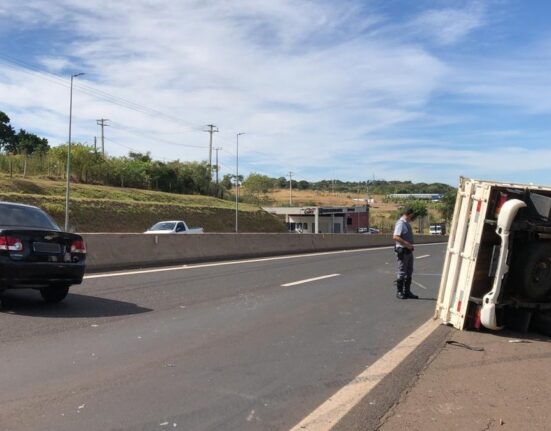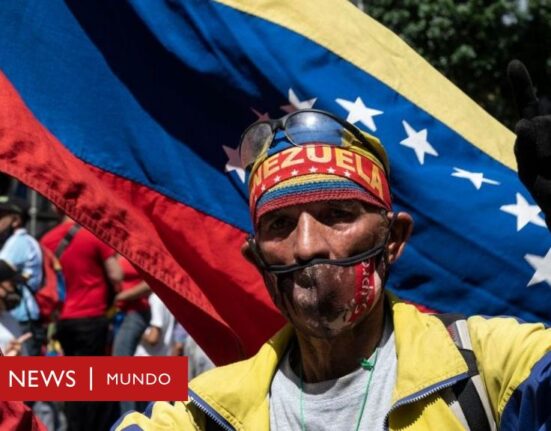The situation in Sudan’s Darfur region continues to deteriorate as the World Food Programme (WFP) expresses shock and alarm over the repeated attacks on its premises by the Rapid Support Forces (RSF). The RSF, a paramilitary group engaged in a brutal civil war with the Sudanese army for the past three years, has targeted humanitarian staff and supplies, causing significant damage.
“This must stop now,” demanded the United Nations body in response to the relentless shelling of its facilities. El-Fasher, the last major city under control of the Sudanese army in Darfur, has become a focal point of intense conflict between the army and RSF since May 2024. Despite warnings about escalating violence in this vital humanitarian hub, fighting has persisted, disrupting aid operations and endangering civilians.
The RSF’s efforts to seize control of el-Fasher have resulted in frequent attacks on both the city and surrounding displaced persons camps already grappling with severe food shortages. The health crisis has further deepened with reports of a cholera outbreak spreading rapidly across Khartoum state. The Health Ministry confirmed alarming figures of new infections and deaths attributed to cholera, underscoring the dire state of public health services.
Aid workers on the ground are struggling to contain the outbreak amidst a collapse of healthcare infrastructure exacerbated by ongoing conflict. Nearly 90 percent of hospitals in key conflict zones are non-operational, leaving thousands vulnerable to preventable diseases like cholera. Since August 2024, Sudan has recorded tens of thousands of suspected cholera cases and thousands of fatalities across multiple states.
Local relief efforts face additional challenges following government directives requiring all initiatives to register with the Humanitarian Aid Commission (HAC). Activists fear these regulations could lead to crackdowns on volunteer organizations providing essential aid services, worsening an already catastrophic hunger crisis affecting millions nationwide.
The recent displacement of RSF fighters from Khartoum state signals a shifting dynamic in Sudan’s protracted civil war. However, despite military developments, critical sectors such as healthcare and sanitation remain crippled by years of conflict. The toll on civilian lives continues to mount as more than 20,000 individuals have lost their lives while millions endure displacement and deprivation.
The UN considers Sudan’s humanitarian crisis as one of the most severe globally due to ongoing violence and disruptions to vital services. As international attention remains focused on addressing urgent needs in Darfur and beyond, sustained efforts are essential to mitigate human suffering and rebuild communities ravaged by conflict.









Leave feedback about this